Retro Replay Review
Gameplay
Lab 14 at first glance presents itself as a familiar side-scrolling platformer: you guide a small bunny-man avatar through a series of rooms filled with pushable crates, impaling spikes, and exit doors. However, what starts out feeling like a repetitive genre exercise soon becomes a brain teaser where lateral thinking is paramount. Rather than simply jumping and running, you’re challenged to experiment with each object, question your assumptions, and search for unconventional ways to manipulate the level geometry.
(HEY YOU!! We hope you enjoy! We try not to run ads. So basically, this is a very expensive hobby running this site. Please consider joining us for updates, forums, and more. Network w/ us to make some cash or friends while retro gaming, and you can win some free retro games for posting. Okay, carry on 👍)
The hallmark of Lab 14’s puzzles is that there is always an “obvious” solution and a “hidden” solution—and nine times out of ten, the obvious one fails. This design choice forces you to reconsider the very nature of the environment. Crates that appear solid can be ignored, walls that seem impassable suddenly become doorways, and keyboard shortcuts or desktop icons may hold the key to progression. It’s a refreshing twist that transforms a simple platformer into a meta-puzzle about interacting with the game program itself.
While the platforming mechanics—running, jumping, and pushing—are serviceable, they’re deliberately pared down to keep the spotlight on puzzle solving. You won’t find tight speed-running controls or elaborate combo moves here; instead, the controls are straightforward so you can focus on what Lab 14 really wants you to do: think outside the box. The occasional trial-and-error can be frustrating, but the thrill of uncovering that non-traditional solution never gets old.
Graphics
Visually, Lab 14 employs a minimalist pixel-art style that complements its cerebral gameplay. The laboratory is rendered in muted tones—grays, sickly greens, and deep reds splashed in what looks like blood—setting a bleak, unsettling atmosphere. Simple character sprites and blocky platforms keep the focus on puzzle design rather than flashy animation.
The true artistry lies in the background details: walls scrawled with cryptic messages, lab equipment half-destroyed, and occasional splatters that hint at something gone horribly awry. These elements not only serve to deepen the sense of dread but also often provide subtle clues to the hidden mechanics you’ll need to discover. Subtle animations—like flickering lights or slowly dripping liquids—add life to an otherwise sterile environment.
Another clever touch is the integration of user interface elements into the game world. Desktop icons appear as in-game objects, and error messages can become critical puzzle components. This blending of actual operating system visuals with the game’s pixel art is a neat trick that reinforces Lab 14’s meta-narrative and makes each screen feel like part of a larger, living computer environment.
Story
The narrative in Lab 14 is conveyed almost entirely through environmental storytelling. You never meet another character or hear a line of dialogue; instead, you piece together the calamity that struck this lab by reading the blood-scrawled proclamations on the walls. These frantic scribbles range from ominous warnings to darkly humorous confessions, creating a sense that you’re part detective in a deranged experiment gone wrong.
As you progress, the messages grow more desperate and inscrutable, suggesting a breakdown of sanity in the lab’s sole occupant. Each new note feels like a breadcrumb leading you further down the rabbit hole—quite literally—until you begin to question not just the fate of the lab’s test subjects, but the very nature of the dimension you’re traversing. The fractured narrative pulls you forward, eager to uncover what twisted purpose this experiment served.
Lab 14’s story may be minimalist, but it’s effective. It relies on your curiosity to fill in gaps, demanding that you read between the lines and search for hidden context in the puzzles themselves. By making the environment and mechanics part of the storytelling, the game ensures that every crate you push and every wall you inspect contributes to the overarching mystery.
Overall Experience
Lab 14 is not a casual platformer you’ll breeze through in an afternoon. Its unique selling point is the way it breaks genre conventions, repeatedly reminding you that you’re playing software—and that not all solutions lie within the visible playfield. This can be wildly inventive and extremely rewarding, but it can also lead to head-scratching bouts of frustration when the next step is anything but obvious.
For players who love lateral puzzles, meta-games, and a dash of dark humor, Lab 14 offers a compelling, bite-sized adventure. The combination of minimalist visuals, cryptic wall writings, and OS-blurring mechanics makes for an experience unlike most platformers on the market. You’ll find yourself clicking on icons, alt-tabbing, and probing every edge of the screen just to see if you’ve missed some out-of-the-box solution.
Ultimately, Lab 14 succeeds by challenging you not just to play in the conventional sense, but to play with the game itself. It’s an experience that rewards persistence, keen observation, and a willingness to suspend disbelief. If you’re ready for a puzzle platformer that demands creativity as much as dexterity, Lab 14 is a small but memorable trip into the darker, more cunning side of indie game design.
 Retro Replay Retro Replay gaming reviews, news, emulation, geek stuff and more!
Retro Replay Retro Replay gaming reviews, news, emulation, geek stuff and more!
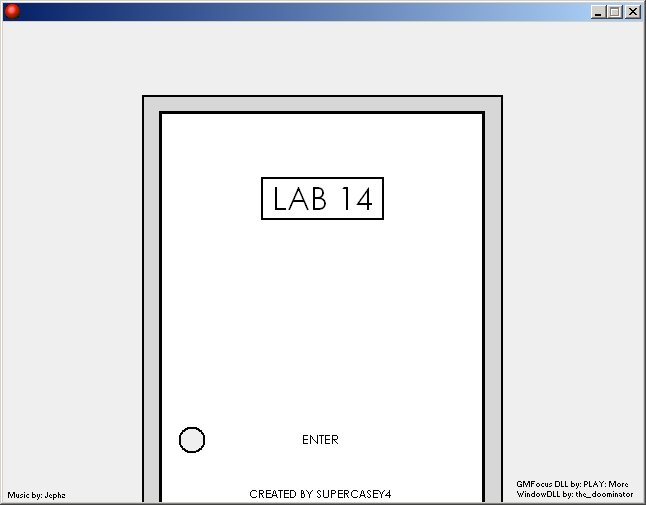
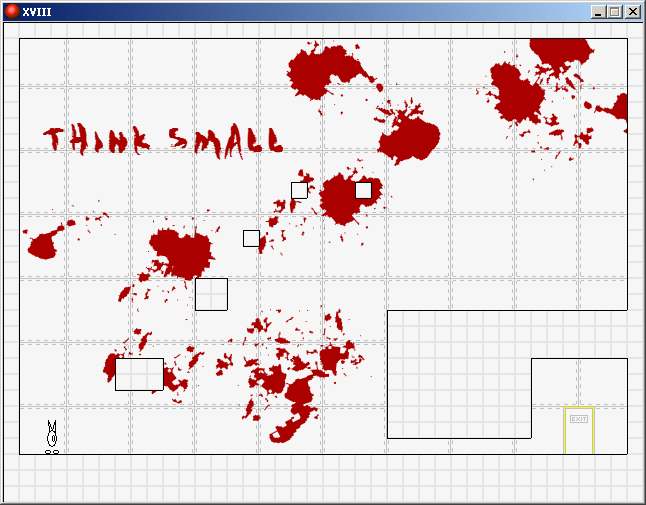
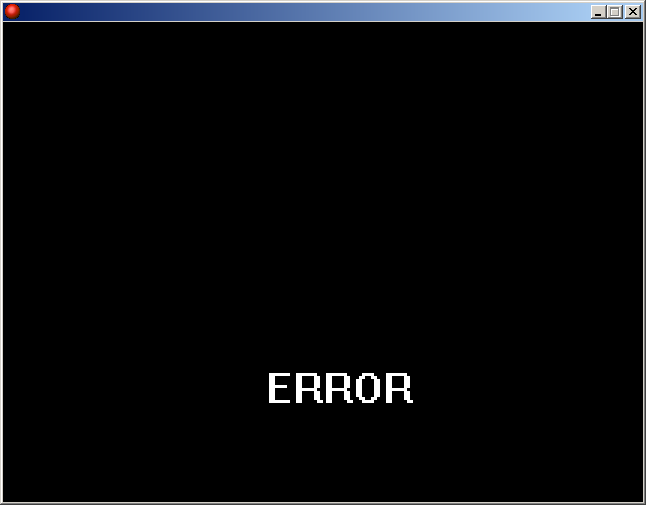
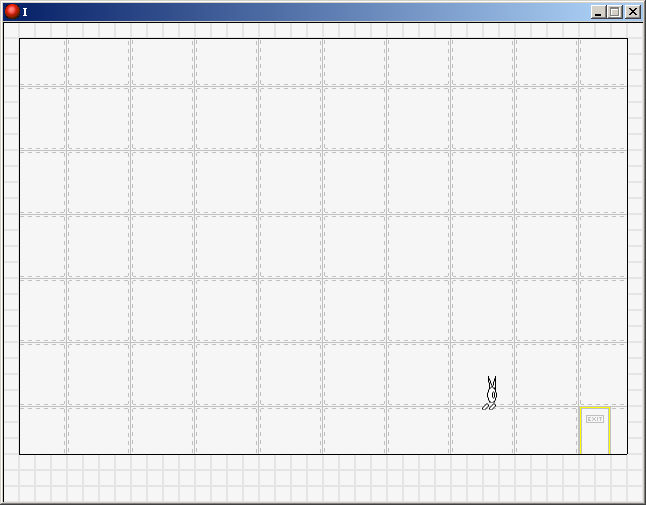
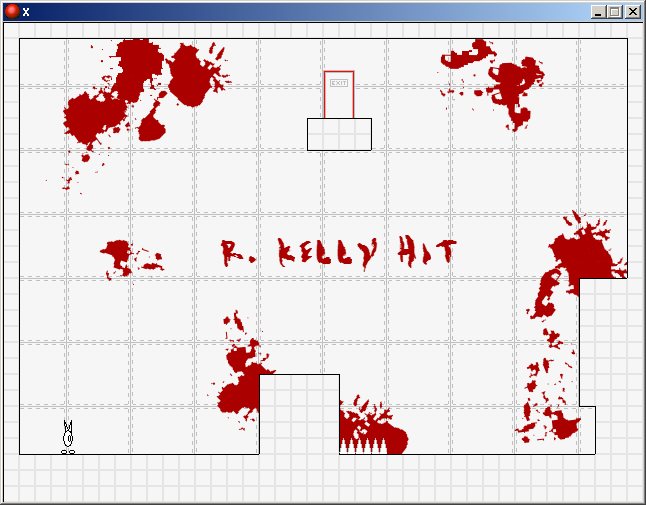



Reviews
There are no reviews yet.